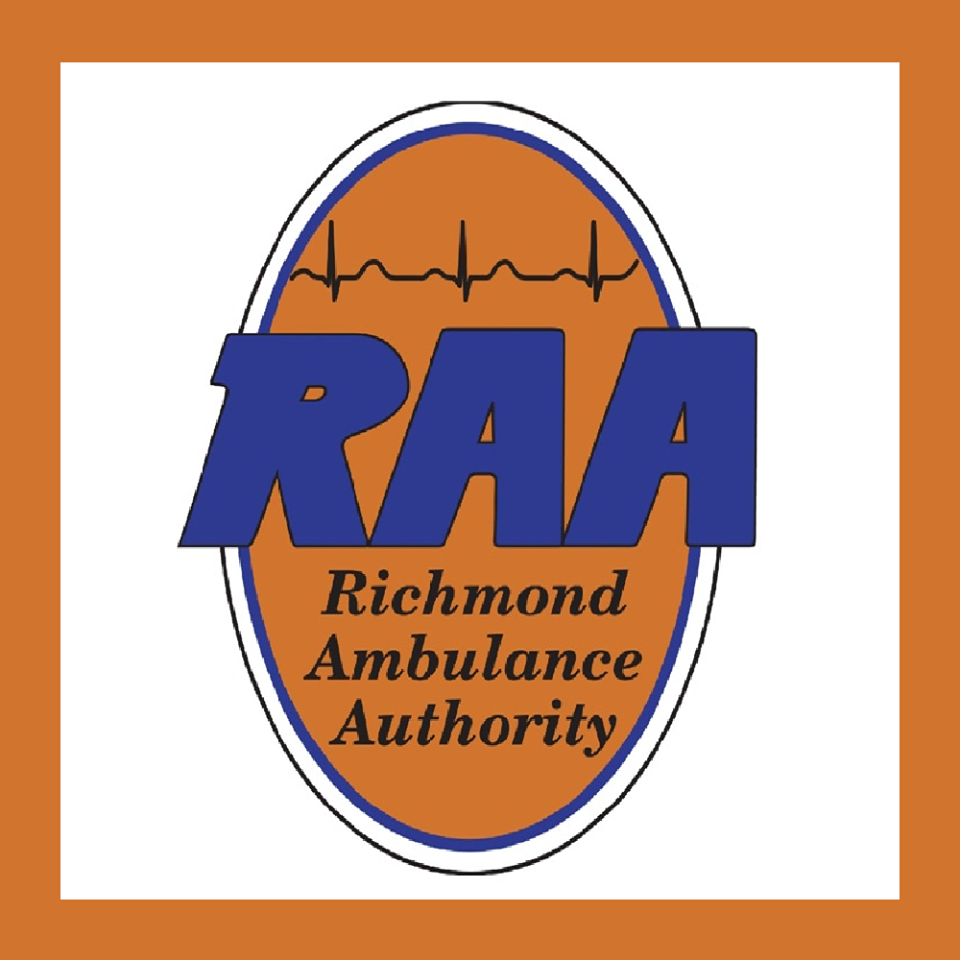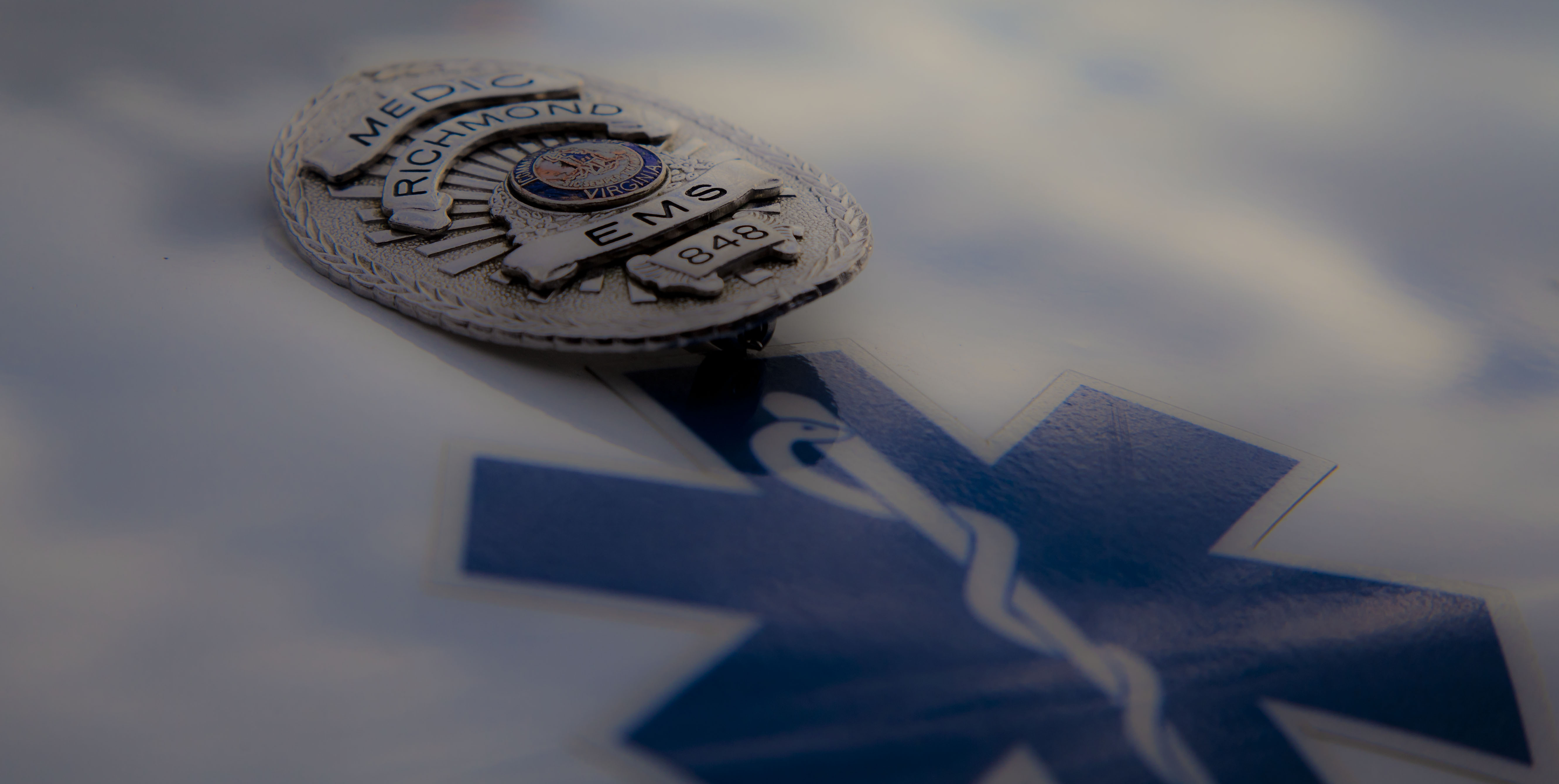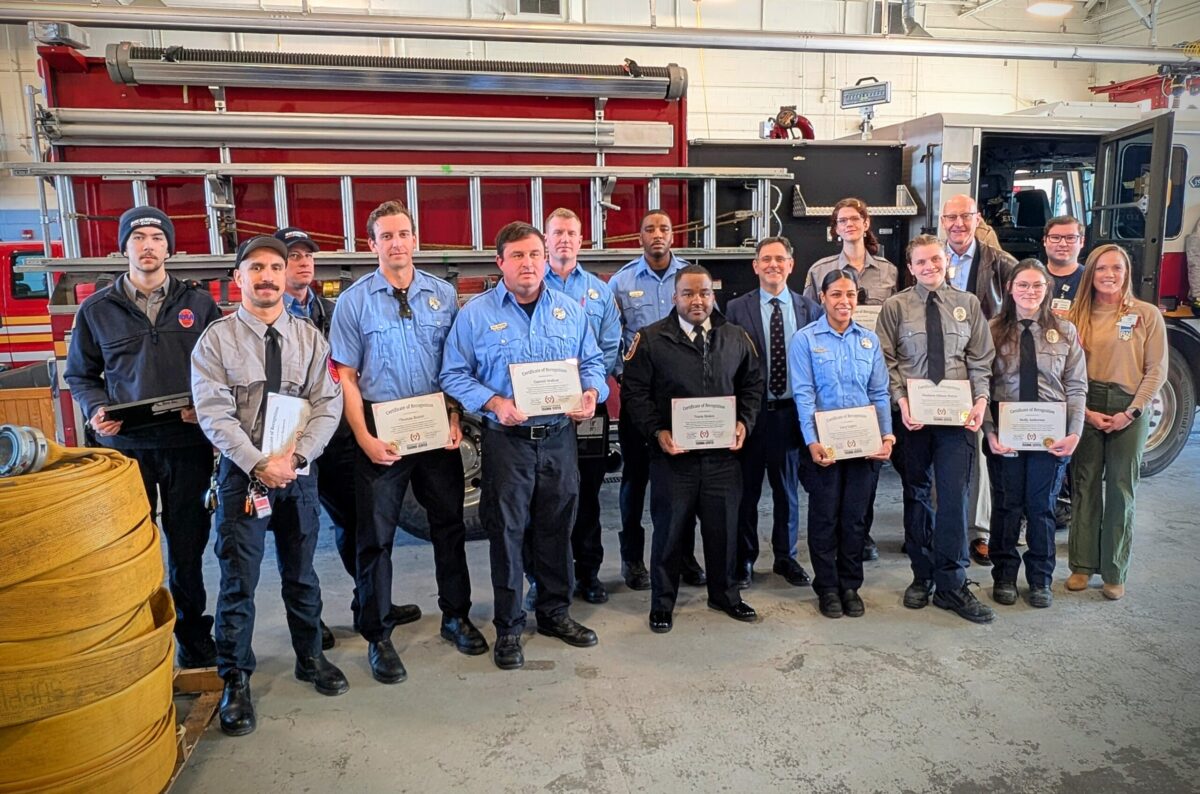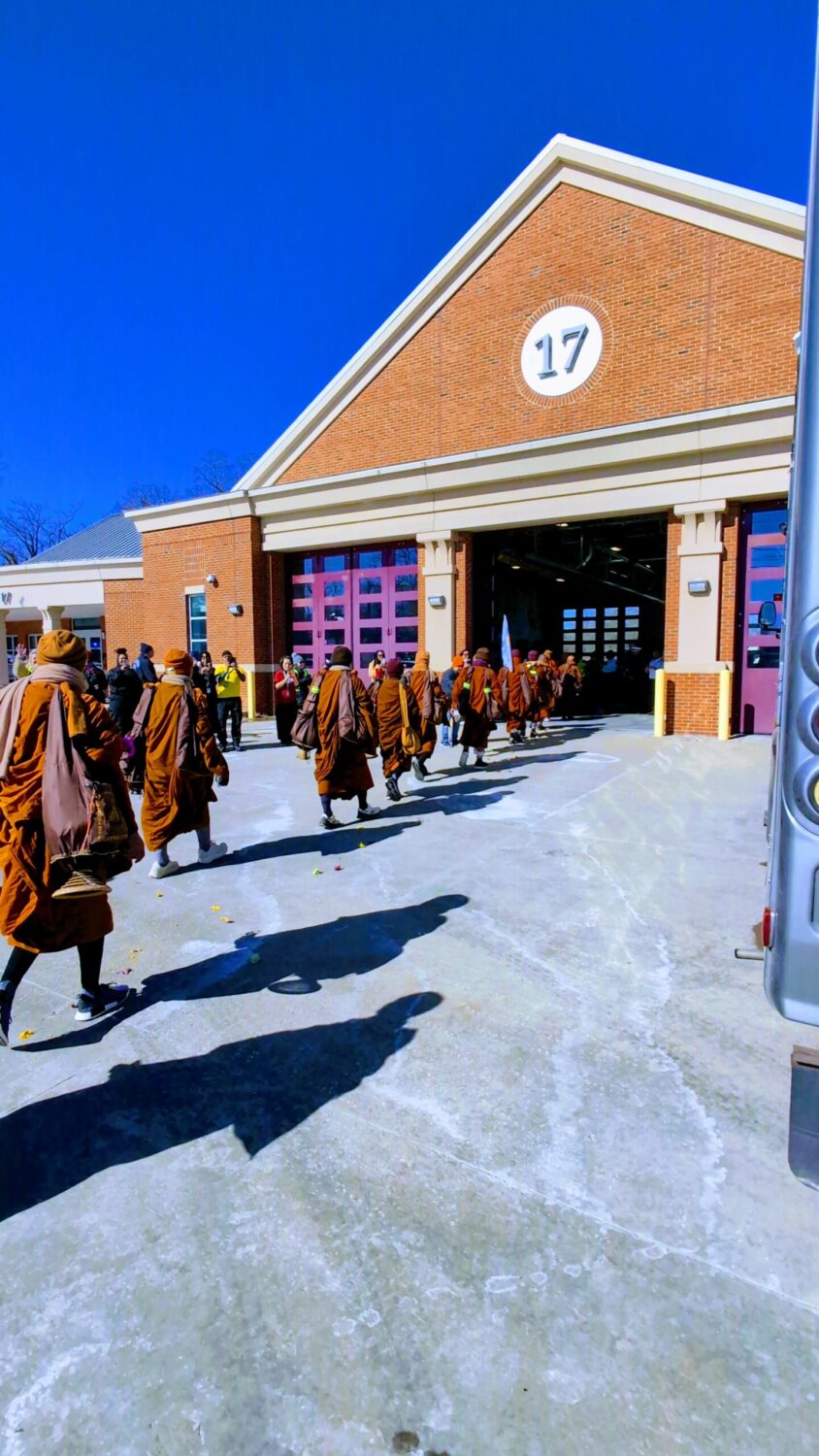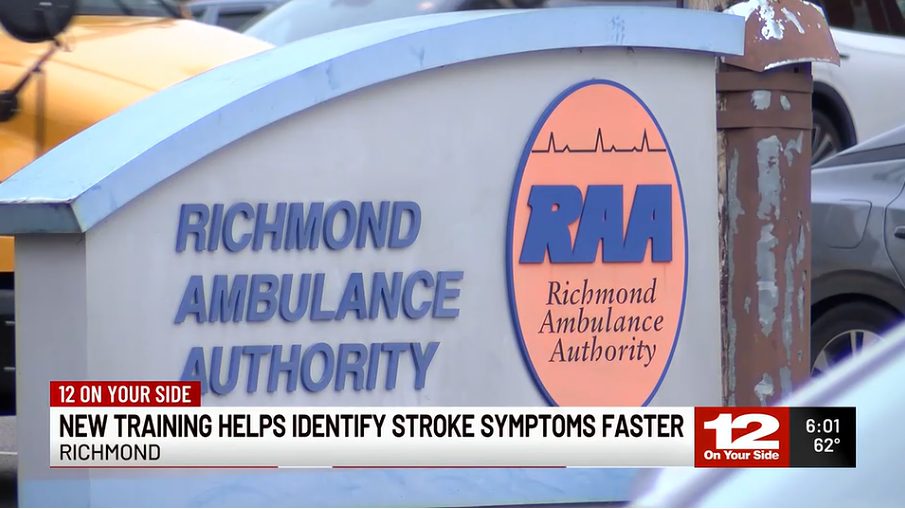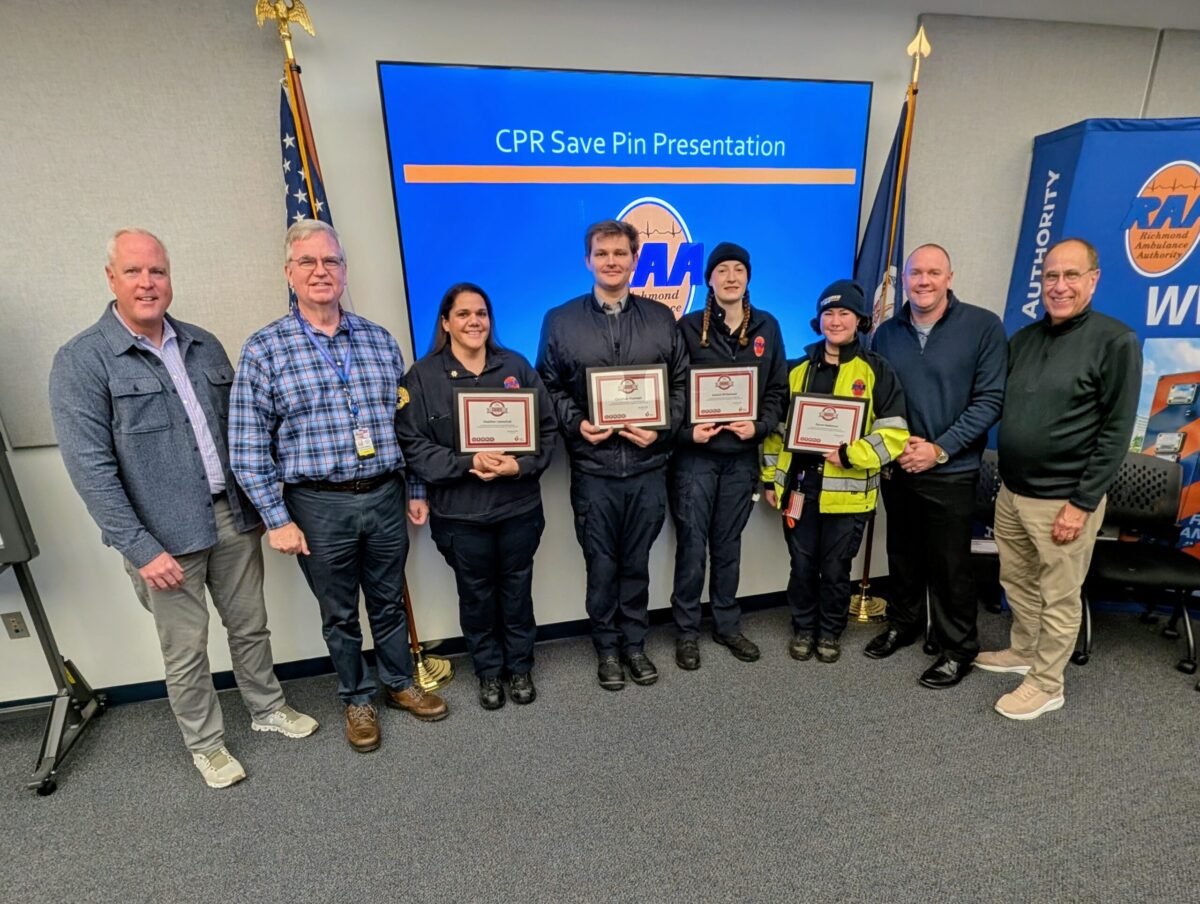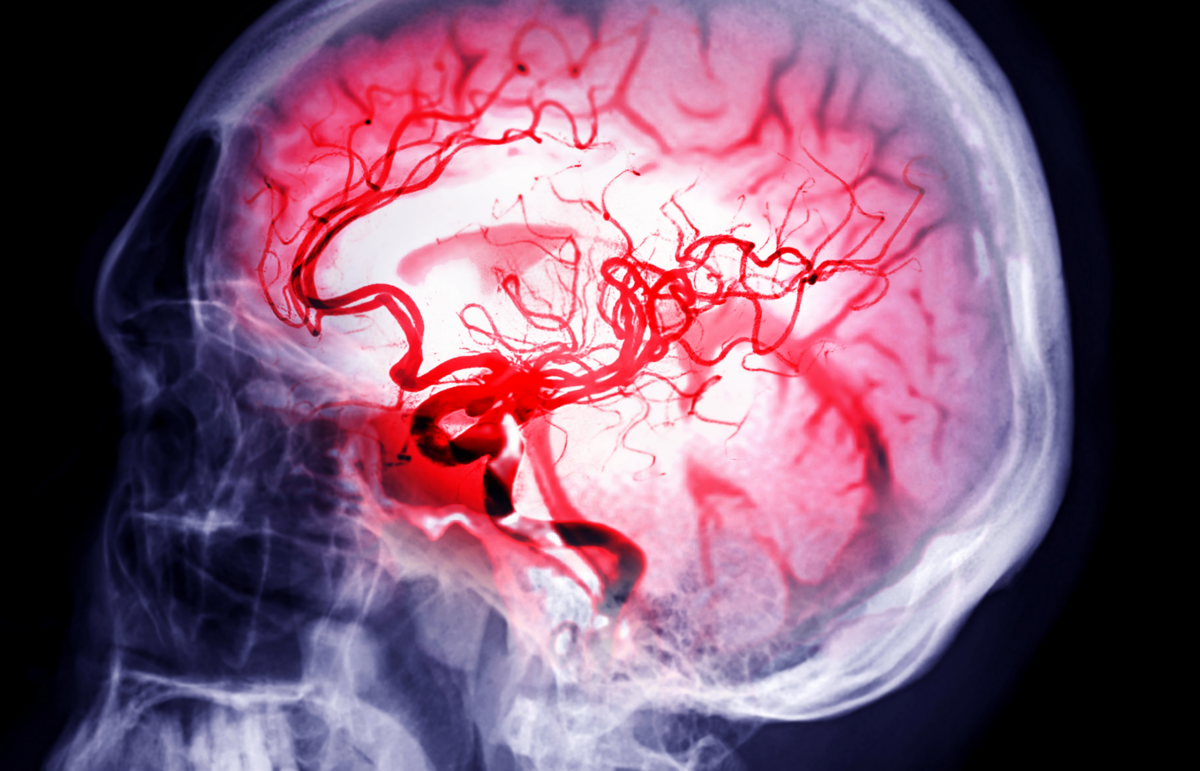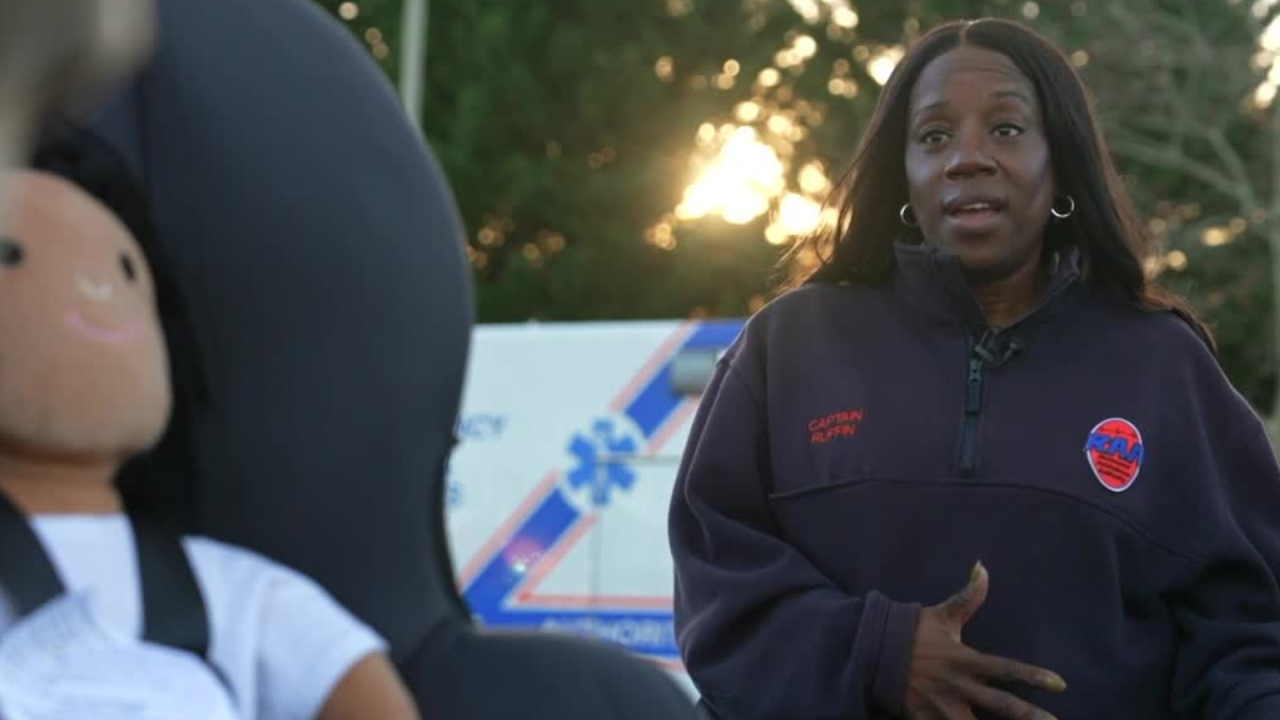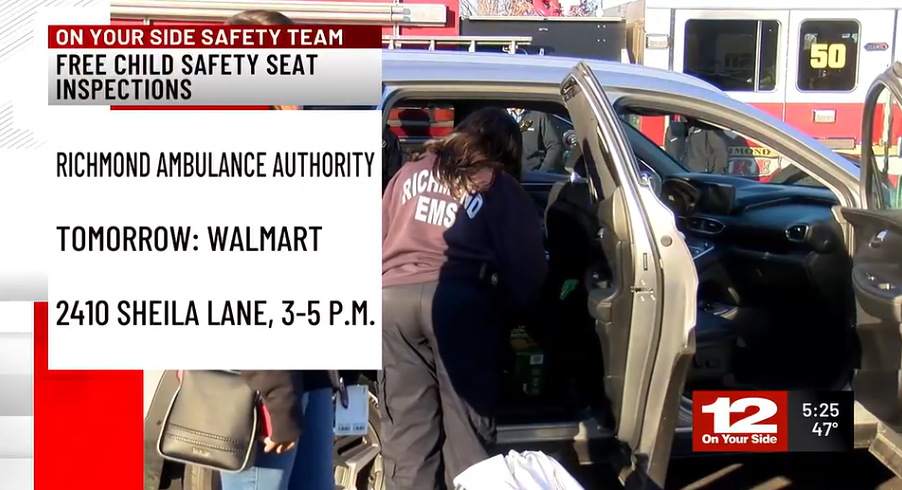The Richmond Ambulance Authority (RAA) is hoping to help remove a dangerous stigma among first responders. For years emergency personnel have struggled with the notion that it’s weak to ask for help if you’re struggling with stress. The organization recently started circulating a new video in hopes of removing that stigma by communicating the importance of getting help and the strength it takes to reach out. While the video promotes programs that are available at RAA to help its providers, it also highlights resources available to any first responder. Studies have shown that first responders contemplate and commit suicide at rates higher than the national average.
A 2016 Fitch and Associates study found that 37% of first responders have contemplated suicide and 6.6% have attempted. 10 times the national average.
RAA launched a Peer Support program earlier this year. The program was created as another tool to help paramedics and EMTs deal with the day to day stresses that come with the job. Last fall staff members were led by James Hyde with Peer Support Central as he helped come up with ways to build RAA’s Peer Support team and teach a train the trainer course. Hyde has over 30 years experience. He has been a peer, directed Peer Support programs, and worked with first responders and military around the world as they built their own Peer Support programs.
RAA’s Peer Support program will help its providers cope with day to day stress both at work and at home. The well-being of RAA’s Paramedics and EMTs is a top priority and the Peer Support program is aimed at helping the organization achieve that goal. Stress related illnesses are also higher in the first responder community than they are in the general population. While that has been recognized, many agencies do not have any resources for their providers beyond an Employee Assistance Program (EAP). By creating a Peer Support team, RAA is doing more.
The peer support program compliments RAA’s Critical Incident Stress Management (CISM) team. CISM sessions are used to help staff members after a traumatic event such as a Mass Casualty Incident (MCI), a line of duty death, or pediatric death. CISM staff members help their co-workers work through their feelings and cope with those feelings after such an incident.
Members of RAA’s Peer Support program and CISM team are available 24 hours a day to help paramedics and EMTs. Internally RAA has been doing more to increase awareness among its providers about these programs in addition to the video. If you are struggling there are many programs that offer help.
- Checkpoint One
- Code Green
- Suicide Prevention Resource Center
- Fire/EMS Helpline: 1-888-731-3473
- National Suicide Prevention Lifeline: 1-800-273-8255
